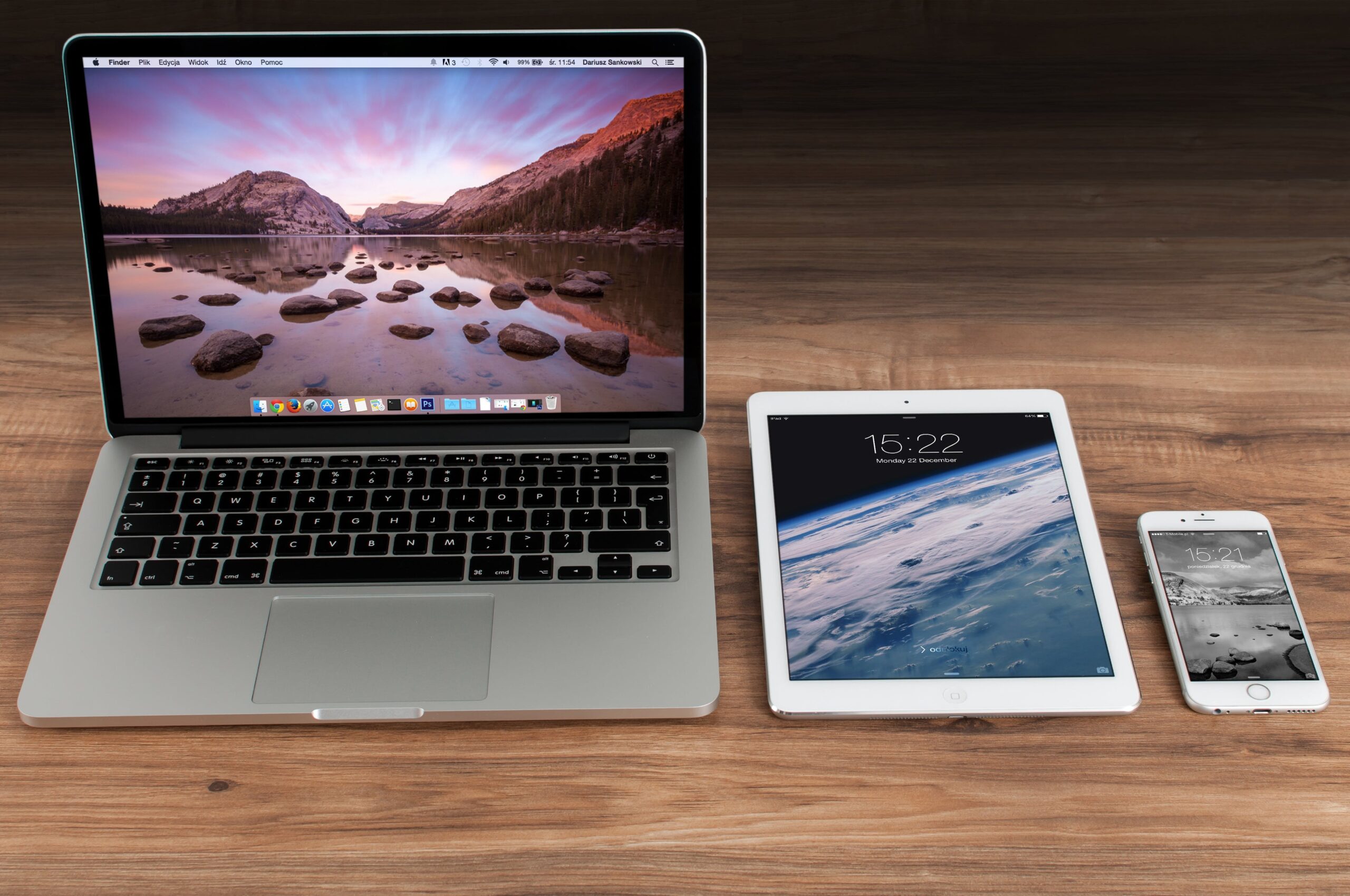Our phones are always with us. As a digital culture, it’s our camera, notebooks, maps, and our connection to the rest of the world. While our devices are super beneficial, They do have their downside. As Christians, we should be aware of the potential downside that excessive phone screen time has on our lives so that we can live healthy digital lives.
Screen time Facts:
- According to Zippia, The average American spends just over 7 hours a day behind a screen.
- 106 days behind a screen, which is just under 30% of our year
- According to Techspot, Americans check their phones on average, 392 times a day (once every three minutes)
These statistics are mind-blowing. Do we actually really spend 30% of our entire year behind a screen? What are trends that we see from this usage?
10 Ways Phone Screen Time is Negatively Affecting Us:
- Spiritual Disconnect: Spending too much time on our phones can distract us from our relationship with God, especially if that is the first place we go in the morning. We may neglect prayer, Bible study, and connection with fellow believers.
- Reduced Attention Span: Constant notifications, multitasking, and even the very nature of the web’s node and link structure, shorten our attention spans. This makes it difficult to be good stewards of our time and responsibilities.
- Poor Sleep Quality: The blue light emitted from our phones can interfere with our sleep patterns, leading to fatigue and low energy levels. This can make us feel too tired and unmotivated to face the day.
- Increased Anxiety and Depression: Studies have shown a link between social media use and increased anxiety and depression. We touch on this more in number 7.
- Strained Relationships: When we are glued to our phones, we miss out on opportunities to connect with the people around us. We become distracted, negligent, and withdrawn from the people most important to us.
- Physical Health Issues: Excessive phone use can lead to neck pain, headaches, weight gain, eye problems and other physical problems
- Comparison and FOMO: Social media often presents an unrealistic portrayal of life, which leads to feelings of comparison and “fear of missing out.” This can cause feelings of isolation and even depression in some cases.
- Time Wasting: We all know the feeling of getting lost scrolling, or web surfing. The node, link anatomy of the web coincides with how our brain works, leading us from one thing to the next. All at once, an hour or more has flown by, and we just lost precious time for important and fulfilling activities.
- Addiction: Just like any other substance, we can become addicted to our phones and the constant dopamine rush they provide. Even if we want to manage tech well, our addiction, a brain problem, can put us into a binge-purge addiction cycle that is physically impossible for us to break on our own. Reach out to God and a trusted friend, pastor, or Biblical counseling center for help in these times.
- Distraction from the Present Moment: We often miss out on the beauty and wonder of the world around us when we are focused on our screens. Even if we are capturing the beauty of nature with our cameras, can we able to just stop, and take it all in? We miss precious moments when God could speak into our souls by keeping them from coming to a place of rest,
Combating Phone Addiction:
- Set Screen Time Limits: Most phones have built-in features that allow you to track and limit your screen time. Set realistic goals and gradually reduce your usage. Set a measurable goal for what is ideal for you such as 2 hrs a day or, well you get the idea.
- Create Phone-Free Zones: Designate certain areas in your home or life where phones are not allowed, such as the bedroom or dinner table. create a space to store your phone at home, so that it doesn’t automatically stay with you.
- Silence Notifications: Turn off notifications for apps that are not essential. This will help you to avoid distractions and stay focused on the present task. When you are with people, silencing your phone is putting them first. It honors their time and shows you care about them, not everybody else.
- Be Intentional with Your Phone Use: Ask yourself why you’re reaching for your phone before you do. Are you bored? Lonely? Anxious? Find healthier coping/medicating mechanisms for these emotions. If you find you reach automatically, you may just be addicted. Addictions stem from a desire to drown out stress, trauma, and more.
- Focus on Real-World Interactions: Make a conscious effort to spend more time with your loved ones, participate in hobbies, and engage in activities that don’t involve screens. Our addictions to dopamine hits from porn, likes, and follows can give us a false sense of connection. It takes more for us to hit our high. This makes a healthy connection look less desirable. It can take breaking the addiction through detox, and a renewal of our minds for real-world interactions to become desirable again. Either way, real-world connections are essential to a healthy life mentally and emotionally. focusing on building more of these, will help make our lives rich and fulfilling
- Seek Support: If you are struggling to control your phone use, talk to a friend, family member, Counsellor, or spiritual leader for help. Connection is the real problem. To combat this, find a trusted person, and leave the isolation.
As Christians, we should do our best to live a balanced life, focused on our relationship with God, our loved ones, and our community. By being mindful of our phone use, and the possible negative effects and taking steps to combat addiction, we can be empowered to live healthy digital lives
Let’s commit to using our phones in a way that enhances our lives and strengthens our relationships with God and others.




Leave a Reply